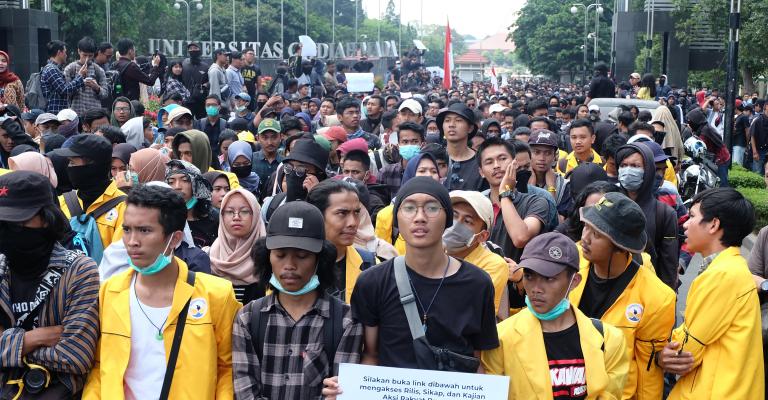New research reveals that machine learning can outperform current methods for distributing limited medical treatments to high-risk patients during public health emergencies.
Published in JAMA Health Forum, the study found that machine learning reduced hospitalizations by 27% when applied to treatment allocation during the COVID-19 pandemic. Traditional methods like first-come, first-served or health history-based approaches often fail to consider the complexities of individual patient needs. The machine learning model, developed by Mengli Xiao, PhD, utilizes a Policy Learning Trees (PLTs) approach to prioritize patients who would benefit most from treatments, ensuring a more effective use of scarce resources.
"During the pandemic, healthcare systems were stretched thin, and many relied on simplistic methods to allocate treatments," said senior author Adit Ginde, MD, of the University of Colorado Anschutz Medical Campus. "Machine learning offers a way to use real-time, real-world data to make informed public health decisions that optimize treatment benefits."
The researchers believe this model can provide personalized public health solutions beyond pandemics and encourage policymakers to adopt data-driven, machine learning-based systems to prepare for future crises.
This study is the 15th publication from the Monoclonal Antibody (mAb) Colorado project, funded by the NIH and NCATS, focusing on maximizing public health benefits through real-world evidence.





























0 Comments